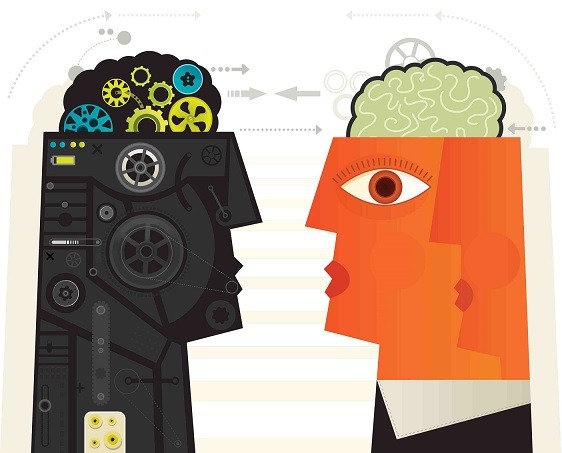Nie wiadomo. The great Polish philosopher Leszek Kolakowski (1927-2009) frequently used these words when asked to express his views on difficult issues: the meaning of life, the nature of human nature, the best ordering of politics and society, the meaning and long-term consequences of the scientific and technological progress of recent years. Nie wiadomo. It is unknown. Philosophy – the love of knowledge – is the art of doubting, and ceaseless doubt was the compass of Kolakowski’s mind. Kolakowski questioned everything, including himself and his own beliefs. If you don’t feel like a charlatan every now and then, you are not a real philosopher, he once observed. In a way Kolakowski resembled Socrates: a master of doubt who thoroughly knew he knew very few things thoroughly. I find this remarkably humble and also very humbling.
Kolakowski mastered multiple languages – Polish, Latin, Russian, German, French, English, and even some Dutch. He possessed encyclopaedic knowledge about world literature, Christianity, Marxism, and the history of ideas in general. His sharp and witty essays in political philosophy are pleasant to read and always thought-provoking. And yet such an erudite man also believed he was just like anyone else: part of the ignorant majority that is unable to make sense of the world and of the most pressing questions and issues of today. Questions and issues that are central today, because they will determine what tomorrow will look like.
The unparalleled scientific and technological progress of the past decades has not only dramatically increased the quality of life, but also its complexity. The pressing social, political, economic, environmental and other issues of our times seem to exceed our capacity to understand, let alone, solve them. What exactly are the limits and possibilities of renewable sources of energy? What can be learned from a cost-benefit analysis of nuclear energy? What are the actual dangers of shale gas extractions? Should we embrace or disapprove of genetically modified foods? What do we think of the possibilities and possible dangers of artificial intelligence? The most honest answer would be: I don’t know.
We are, most of the time, an ignorant majority, and there is no shame in admitting that. If Stephen Hawking, Bill Gates and Ray Kurzweil can’t agree on whether artificial intelligence risks ending mankind as we know it, why should I think I know the answer or feel bad that I don’t? There is no shame in not knowing or in admitting you don’t know. There is only shame in epistemic pretence and false knowledge. Being aware of the inadequacy of your own mind and knowledge is often a sign of great intelligence.
At the very same time, what is at stake is often so important that we cannot afford not having an opinion or view. And public opinion weighs so heavily on politics and policy making that we bear a great individual and collective responsibility to be well-informed about the issues that matter most. Unfortunately this is often a burden too heavy to bear for a single, ordinary mind.
Very often we have to rely on second-hand information and very often our opinions are based on those of others, or based on emotions rather than reasons. Change and what is new always provoke intense and conflicting emotions. We are often both attracted to and afraid of what is new. We are driven by a longing for renewal and liberation, but at the same time long for security and safety. Reconciling these desires is not easy and yet a task all major technological and scientific developments confront us with.
History tells us that people are likely to entertain all-too apocalyptic views and foster unreasonable fears when faced with something extraordinary and new. Sheer optimism is seldom justified, that is true. But equally true is the fact that things rarely turn out to be as bad as pessimists predict. I always try to bear these truths in mind when I have to form an opinion about something even the most distinguished experts can’t agree on.
Will renewable sources produce sufficient energy to maintain our ways of life? Will genetically modified organisms in the long run turn out to be highly detrimental to the environment? Will we be able to change human nature by means of nanotechnology and genetic modification to such an extent that a transhuman future lies ahead of us? And will a transhuman future still be human and humane? Tomorrow is made today, but what tomorrow will actually look like and how to make sure tomorrow is better than today… nie wiadomo.


